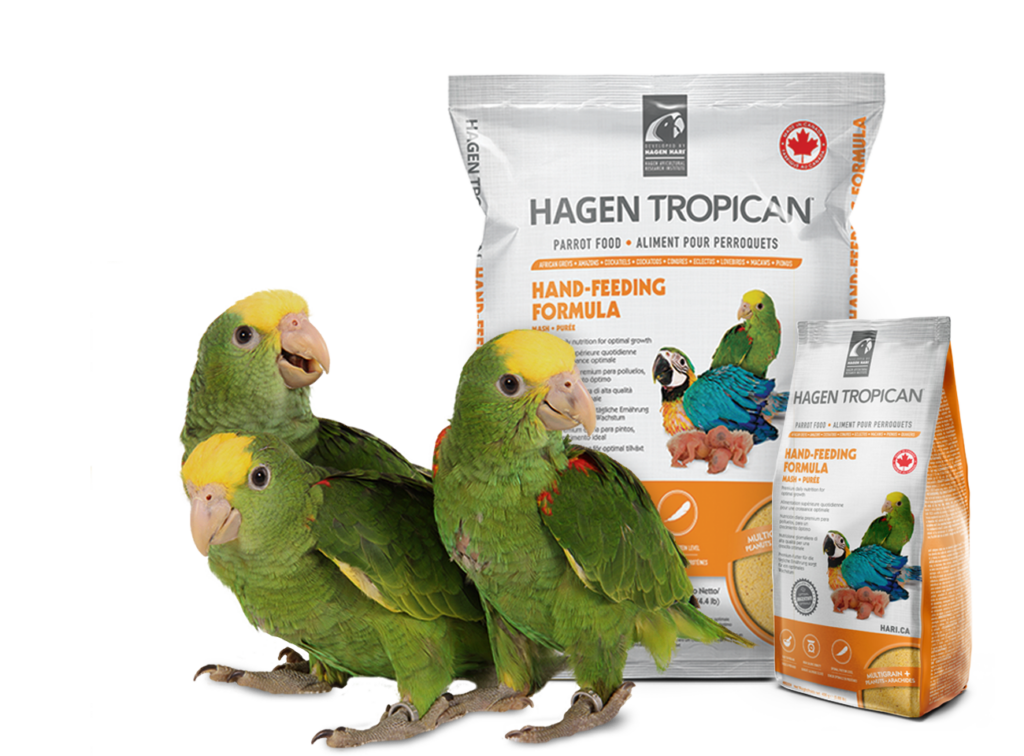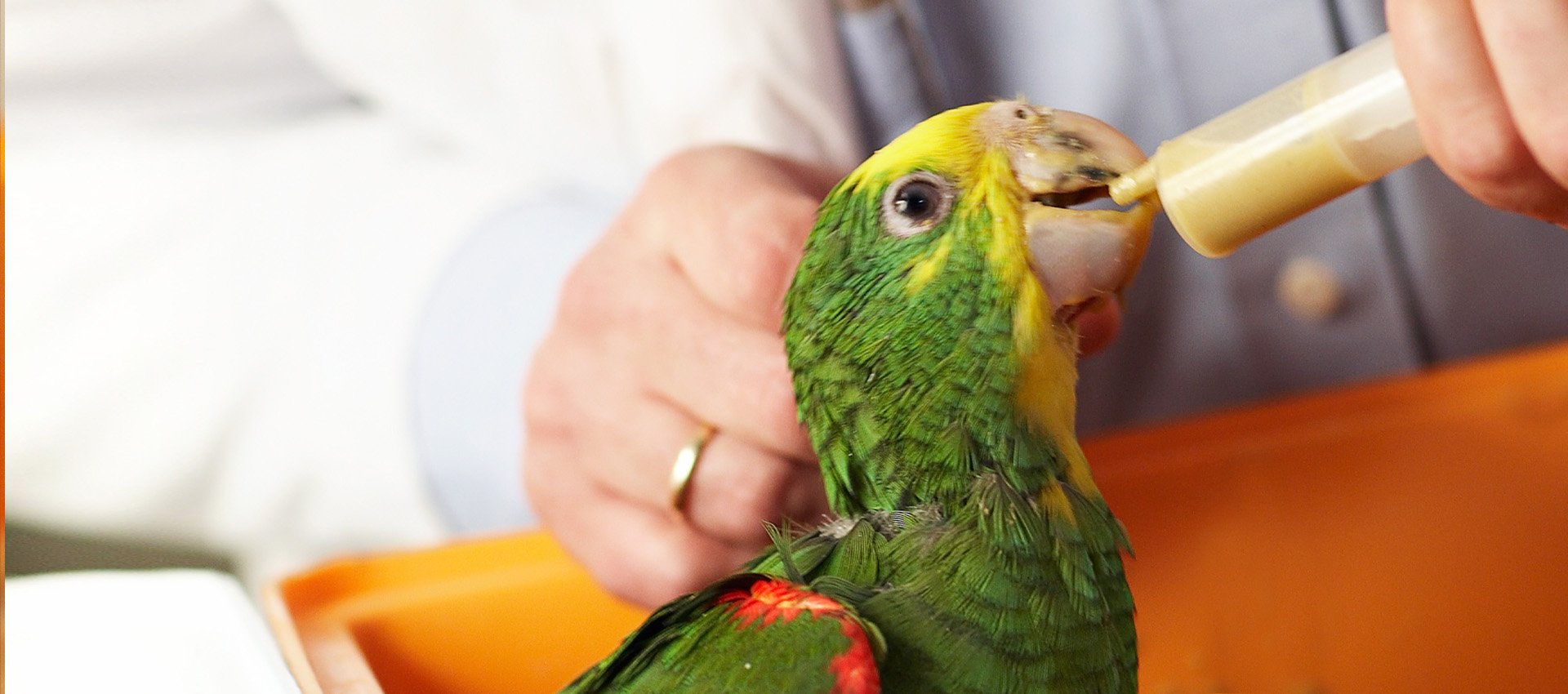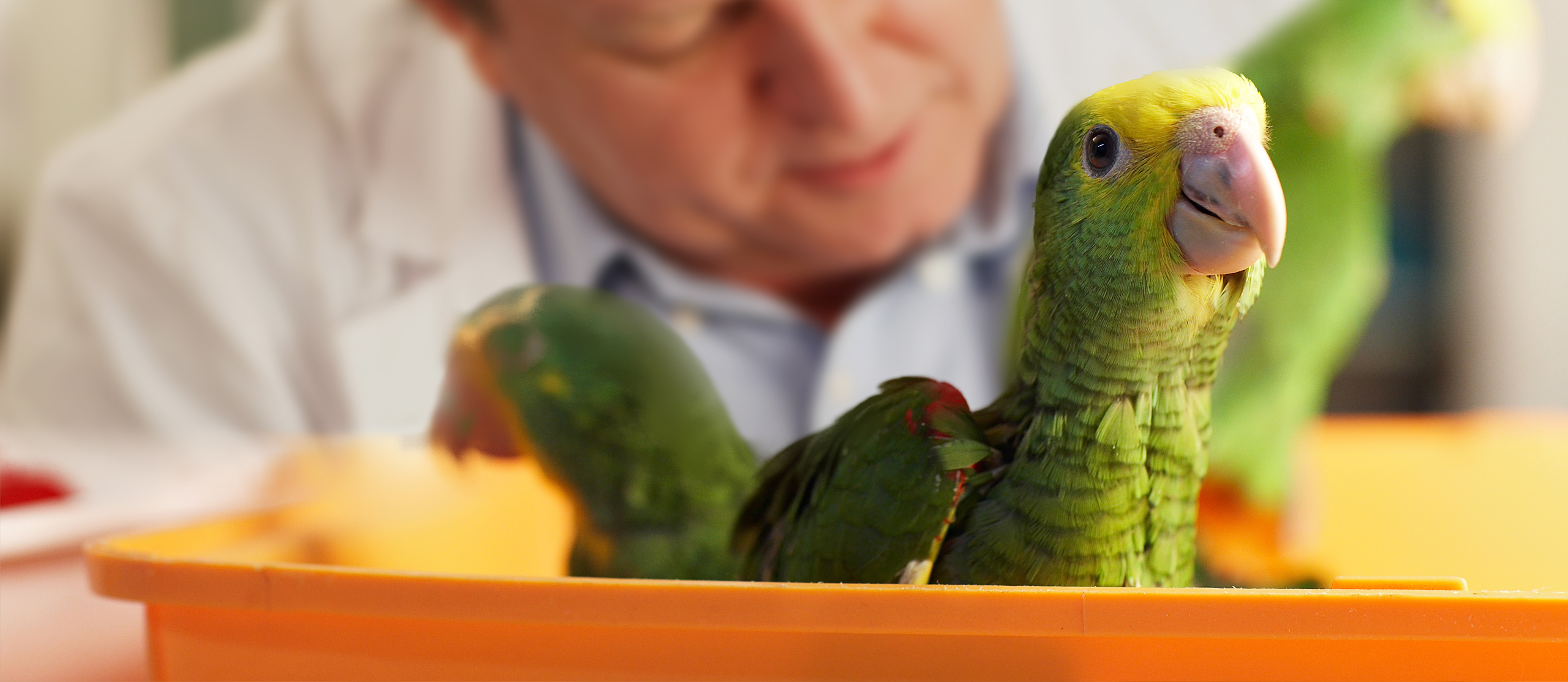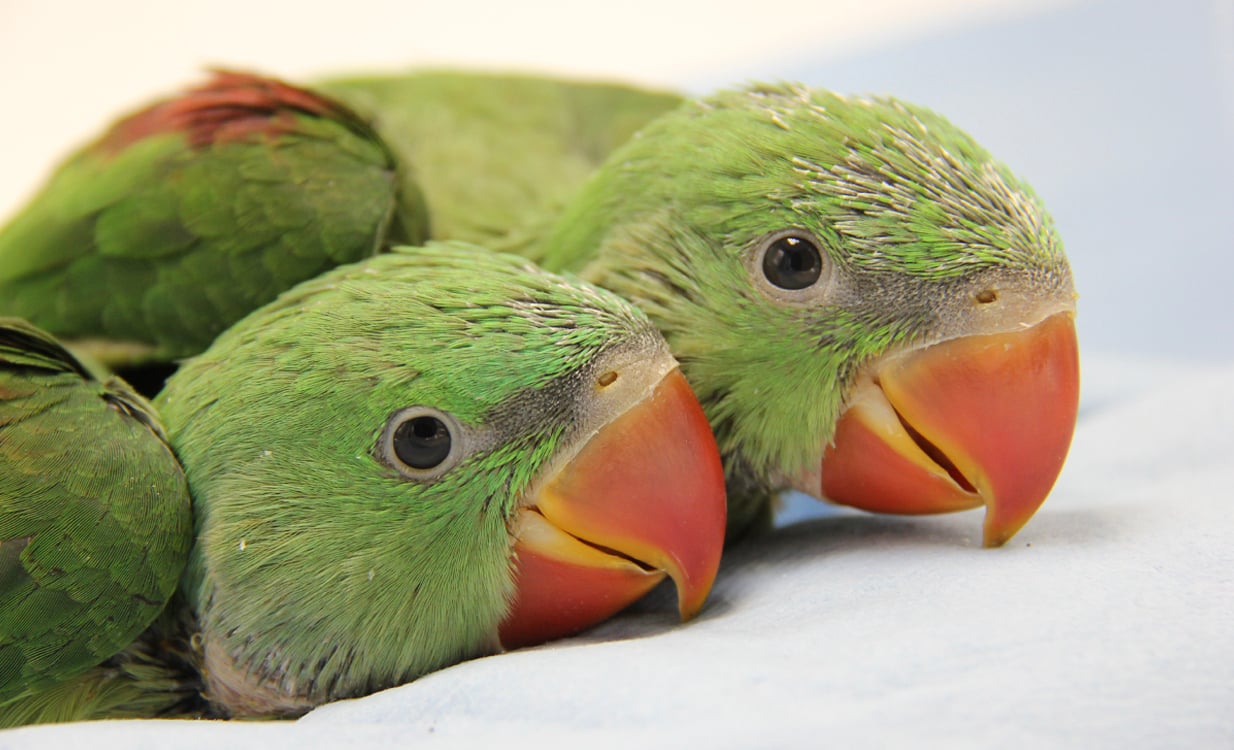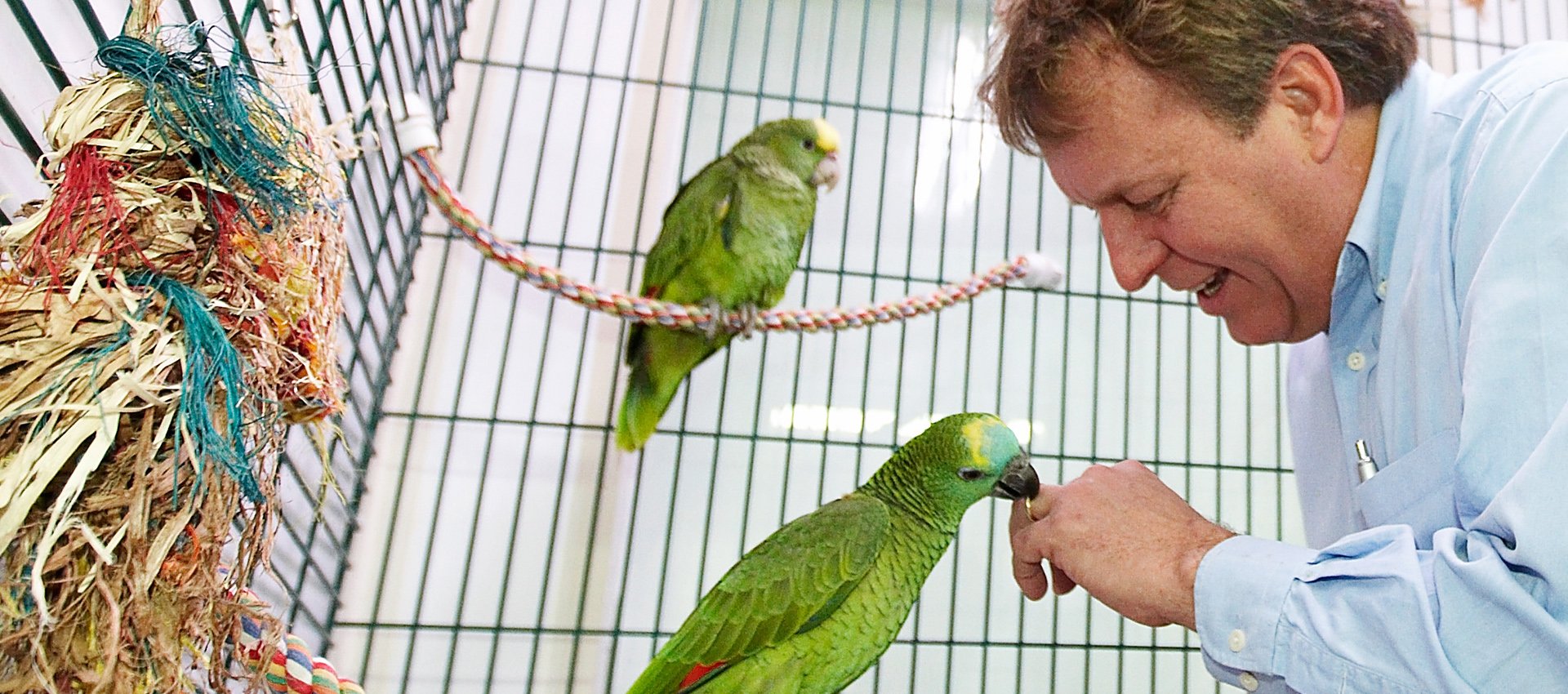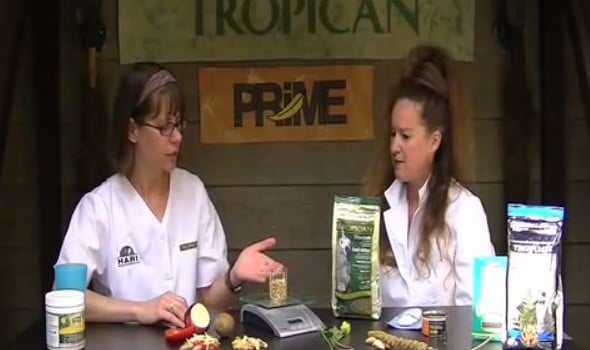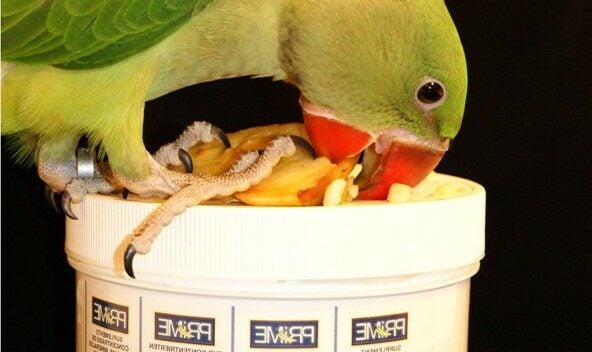Your cart is currently empty!
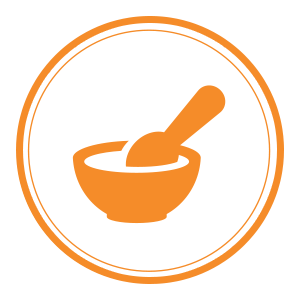
Easy to Prepare; Just Add Hot Water
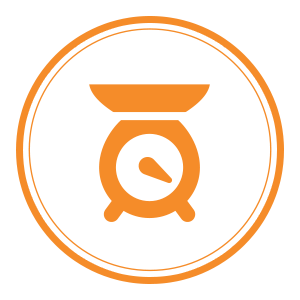
High Caloric Density to Satisfy Growing Baby Parrots

Optimal Protein Levels
Available Products
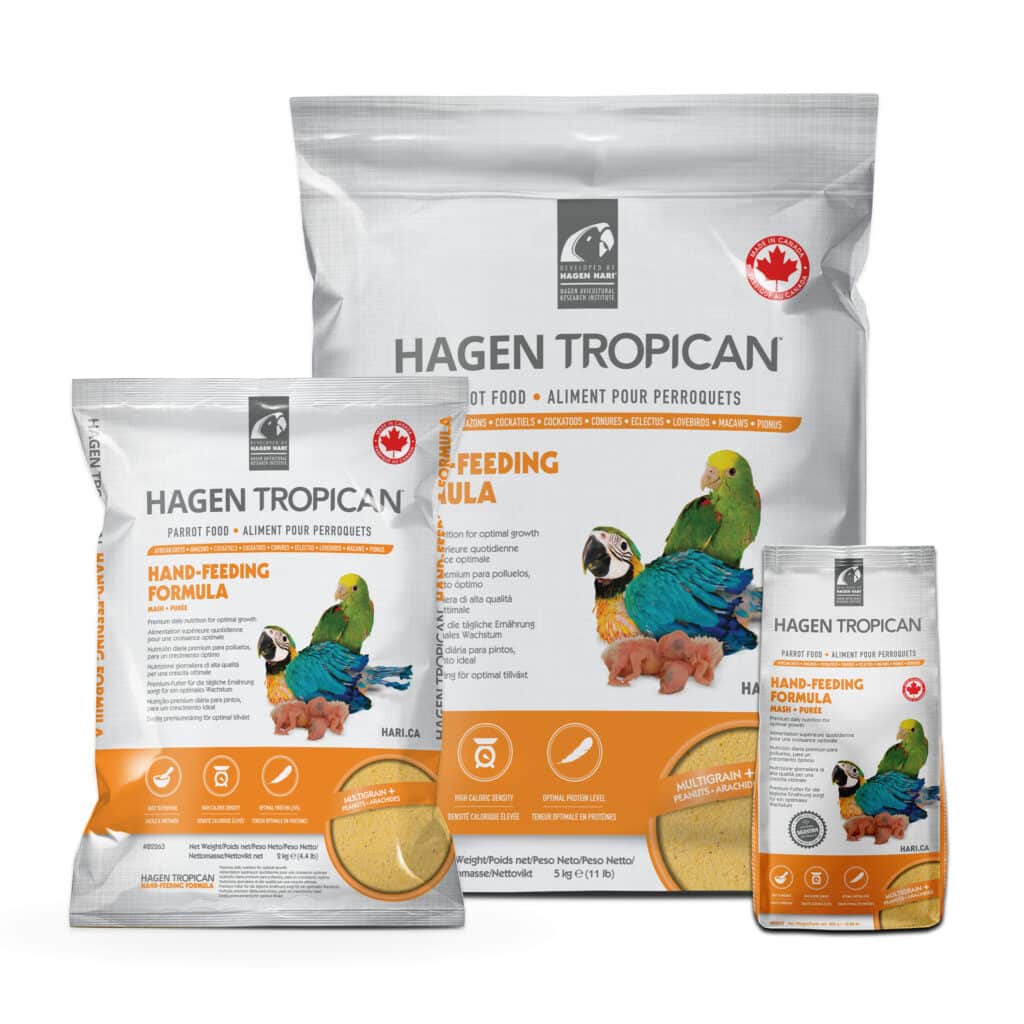
Tropican
Hand-Feeding Formula
Provides proper daily nutrition for baby parrots up to fledgling, which is a critical age of a parrot’s life. Its flavorful recipe simplifies transition to the next Tropican Life Cycle Formula.
Keep Learning
Tropican Hand-Feeding Formula
A Premium Multi-grain and Peanut Parrot Food
for Optimal Growth and Feather Development
The Trusted Choice for Aviculturists and Breeders Worldwide
For years, Parrot breeders and aviculturists have relied on Tropican Hand-Feeding Formula Parrot Food to provide their baby birds with the necessary nutrients to achieve excellent growth and vibrant feathers. Developed by HARI through industry-leading research and development, the formula, a micro-ground version of Tropican High Performance, incorporates the benefits of high-temperature extrusion cooking, to enhance the formula’s water-holding properties, eliminate field bacteria and improve digestion.
Tropican’s Hand-Feeding Formula is an excellent source of fat and protein derived from peanuts, and a blend of essential grains that complement amino acid profiles, all critical for proper growth and development of parrot chicks from hatchling to fledgling age. With flaxseed, peanuts and sunflower seeds, the formula is rich in Omega fatty acids, providing a healthy shine to feathers while supporting overall health.
With Tropican Hand-Feeding Formula, all you need to do is add water to the dry formula and mix. It’s simple to prepare, doesn’t clump, and is easy to clean. Plus, it won’t stick to feathers, making feeding a stress-free experience for both the breeder and parrot.
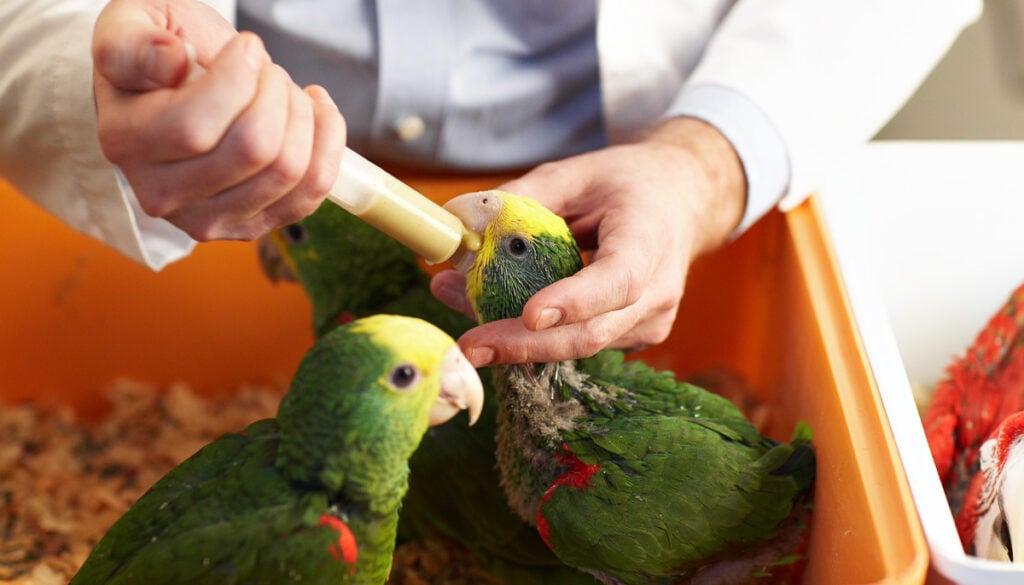
Did You Know?
Hand-Feeding Formula for Parrots…
- Provides optimal daily nutrition for hatchlings up to fledgling age
- Is a micro-ground extruded multigrain and peanut formula
- Has no artificial preservatives, colors and flavors
- Contains optimum levels of protein, vitamins, minerals, amino acids and other nutrients required by growing babies
- Provides optimal, balanced and safe levels of calcium and vitamin D for all psittacine species’ requirements
- Packed with natural Omega fatty acids from flax seeds and fortified with vitamins and minerals
- Goes through 3-step quality control measures and live feeding trials at the HARI facility
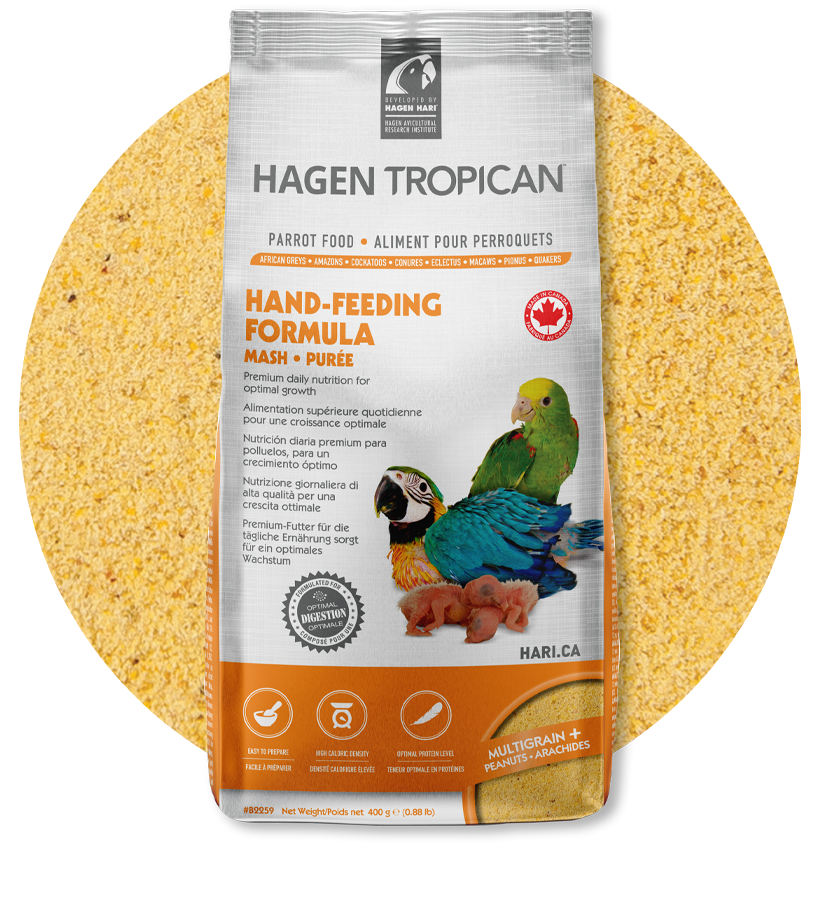
- Is formulated with human-grade sunflower kernel and peanut meat
- High caloric density and multiple sources of protein to satisfy growing baby parrots and for impeccable feather growth
- Can be used for complementary assisted feedings throughout the weaning stage
- Is flavorful and simplifies transition to Tropican High Performance Formula
- Is quick to prepare; just add hot water to dry formula and mix; does not clump
- Easy to clean – does not stick to feathers
- Is fully processed and pasteurized to eliminate bacterial and fungal organisms
- Has no solid/liquid fractionation, resulting in effective crop peristalsis and no impaction
Feeding Guide
Formula Preparation – Follow these steps:
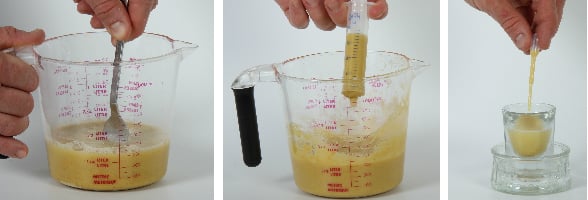
Combine hot water with the correct volume of formula (refer to chart) or use cold water and heat in the microwave. CAUTION: Thoroughly mix the food and watch out for hot spots to prevent burns. Due to Tropican’s beneficial gelatinization properties, it may take a minute to fully moisturize with water. Therefore, adjust the consistency if needed by adding a bit more water.
The final temperature should be slightly above body temperature (38°C-100°F), and not exceed 40.5°C (105°F) when fed to chicks. Always use an accurate, calibrated thermometer to verify the desired temperature. Overheated food can result in burns to delicate mouth, throat and crop tissues. Refer to the chart for suggested brooder temperature guidelines to keep chicks at a proper temperature. Note: Always make a fresh batch of formula for each feeding. Use clean utensils and accurate measures to ensure the chicks receive the proper nutrition they need.
| Baby Age (days) | Hot Water to Dry Formula Ratio | Baby Brooder Guideline Temperature | |
| 0-2 | 90% / 10% | 35.5°C – 36.5°C | 96°F – 98°F |
| 3-7 | 85% / 15% | 33.5°C – 34.5°C | 92°F – 94°F |
| 7-21 | 80% / 20% | 30.0°C – 32.5°C | 86°F – 90°F |
| 21+ | 75% / 25% | 27.0°C – 30.5°C | 80°F – 86°F |
| Hand-Feeding Formula (kcal/kg) | |||||
| Water:Mash | 90:10 | 88:15 | 80:20 | 75:25 | 66:33 |
| ME (cal. diluted) | 353.8 | 530.7 | 707.6 | 884.5 | 1167.54 |
| Hand-Feeding Formula (kcal/ml) | |||||
| ME (cal. diluted) | 0.338 | 0.493 | 0.641 | 0.781 | 0.991 |
It’s important to note that Tropican Hand-Feeding Formula for Baby Parrots is a complete diet. Avoid diluting this food with other baby foods as it may lead to a loss of its complete dietary balance, and the mixture may become deficient in vital nutrients.
Guidelines for Feeding Birds with a Syringe or Spoon
Feeding birds with a syringe is a sound method if you understand the proper technique. It is recommended to use a separate syringe for each clutch. However, if you’re not confident with syringe feeding, a spoon bent on either side can also be used.
- To feed the bird, place the syringe tip slightly into the left side of the beak with one hand, and apply gentle pressure on the beak’s commissures with the fingers of the other hand. The palm of the hand should be held behind the chick’s head to prevent the syringe from injuring the mouth when the chick reacts with a feeding response.
- When the bird gives a feeding response (head pumping), start feeding and aim towards the back right side of the mouth. Be sure to monitor the chick’s response and respiration closely to prevent aspiration. Fill the crop without excess stretching.
- It is essential to keep a daily weight monitoring and amount fed chart for healthy growth parameters and future reference. Finally, make sure to allow the crop to empty completely between feedings.
- In case you are not comfortable with the feeding syringe, a bent teaspoon may also be used to slowly drip food into the bird’s beak. Please note that metal feeding tubes are not recommended, as they can pierce the crop and esophagus, allowing food to leak out.
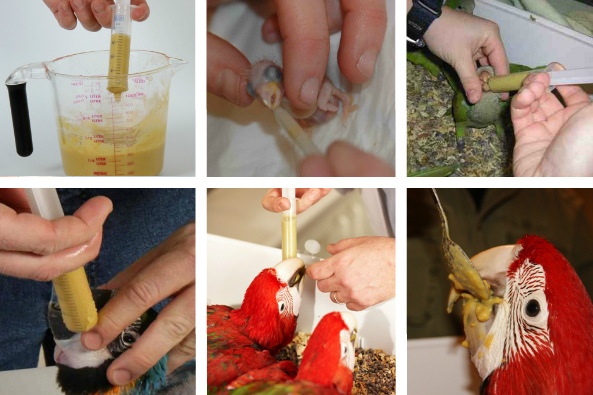
Feeding Guide for Small Bird Species Using Tropican Hand-Feeding Formula
Tropican Hand-Feeding Formula is ideal as a food supplement for lories, finches, canaries and other small bird species. Below are some guidelines for feeding:
Lories: Feed the formula as a dry powder in a separate bowl. To supplement, a second bowl may contain diced fruits mixed with PRIME. However, make sure that the birds begin with the dry food before introducing the mixed option. You can mix some sugar up to 10% with the formula to initiate the lories’ appetite, but once they are eating the food, discontinue this method. Feeding lories a liquid diet of simple sugars increases their susceptibility to bacterial gut infections; therefore, exclusively feeding them with a dry powder like Tropican Hand-feeding Formula is not only easier but also healthier for them.
Finches, canaries and other small species: Offer the Tropican Hand-Feeding Formula as a dry powder in a separate bowl during periods of stress, molting, and breeding.
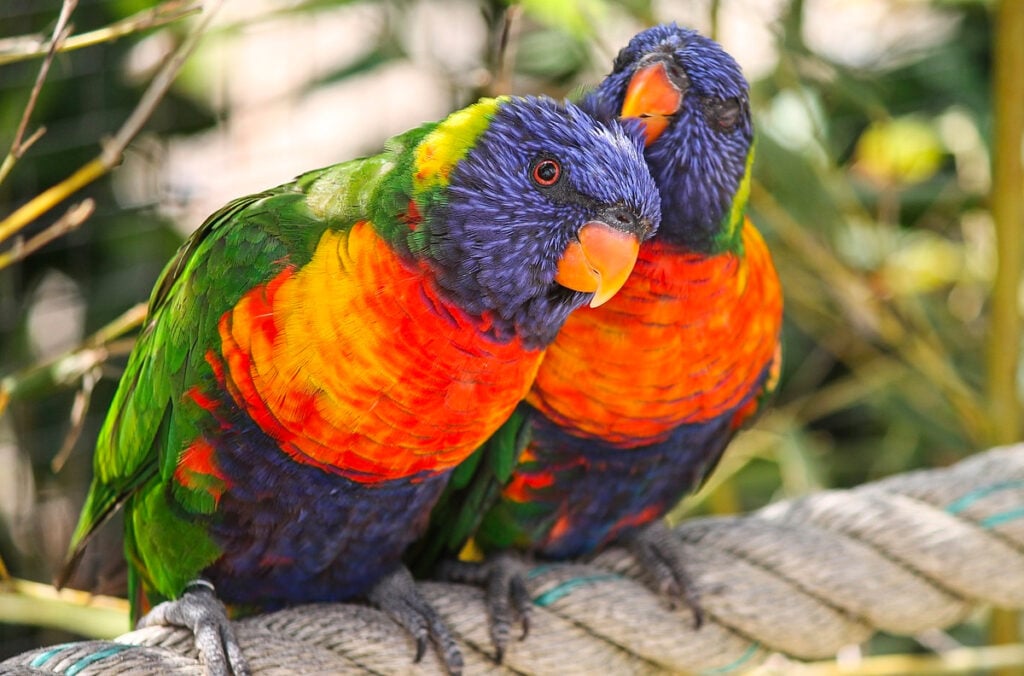
Specifications
For baby parrots, from hatchlings to fledglings, Tropican Hand-Feeding Formula is the perfect meal solution. This micro-ground extruded multigrain and peanut formula is packed with high caloric density to fulfill their nutritional requirements. Its delicious recipe makes it easy for parrots to transition to the next Tropican lifecycle Formula. It can also be fed dry to lories, finches, canaries and other small species as a feeding supplement.
AFRICAN GREYS • AMAZONS • COCKATIELS • COCKATOOS • CONURES • ECLECTUS • LOVEBIRDS • MACAWS • PIONUS • MOST PSITTACINES
Corn, soybean meal, corn gluten meal, wheat, brown rice, dehulled sunflower seeds, dehulled peanuts, sugar, canola oil (preserved with mixed tocopherols), dicalcium phosphate, lecithin, calcium carbonate, yeast culture, flaxseed, dried beet pulp, dried kelp, oat groats, L-lysine, choline chloride, DL-methionine, biotin, vitamin E supplement, niacin, calcium L-ascorbyl-2-monophosphate (source of vitamin C), zinc oxide, manganous oxide, d-calcium pantothenate, vitamin B₁₂ supplement, rosemary extract, beta-carotene, riboflavin, copper sulfate, pyridoxine hydrochloride, thiamine mononitrate, inositol, folic acid, vitamin A supplement, calcium iodate, sodium selenite, vitamin D₃ supplement.
Crude Protein (min.) 22%, Crude Fat (min.) 11%, Crude Fibre (max.) 3.5%, Moisture (max.) 9%, Calcium (min.) 1%, Phosphorus (min.) 0.8%, Iron (max.) 85 mg/kg, Vitamin A (min.) 5,500 IU/kg, Vitamin D₃ (min.) 550 IU/kg, Vitamin E (min.) 220 IU/kg, Beta-Carotene (min.) 0.45 mg/kg, Omega-3 Fatty Acids (min.) 0.03%, Omega-6 Fatty Acids (min.) 0.25%.
Percentage of a whole: Aspartic Acid 1.97%, Threonine 0.84%, Serine 1.16%, Glutamic Acid 4.17%, Proline 1.52%, Glycine 0.87%, Alanine 1.31%, Cystine 0.33%, Valine 1.07%, Methionine 0.41%, Isoleucine 0.92%, Leucine 2.2%, Tyrosine 1%, Phenylalanine 1.14%, Lysine 1.09%, Histidine 0.59%, Arginine 1.35%, Tryptophan 0.2%.
Per 100 Grams of Protein: Aspartic Acid 8.87%, Threonine 3.78%, Serine 5.23%, Glutamic Acid 18.78%, Proline 6.85%, Glycine 3.92%, Alanine 5.9%, Cystine 1.49%, Valine 4.82%, Methionine1.85%, Isoleucine 4.14%, Leucine 9.91%, Tyrosine 4.5%, Phenylalanine 5.14%, Lysine 4.91%, Histidine 2.66%, Arginine 6.08%, Tryptophan 0.9%.
Per 1000 kcal: Aspartic Acid 0.56%, Threonine 0.24%, Serine 0.33%, Glutamic Acid 1.18%, Proline 0.43%, Glycine 0.25%, Alanine 0.37%, Cystine 0.09%, Valine 0.3%, Methionine 0.12%, Isoleucine 0.26%, Leucine 0.62%, Tyrosine 0.28%, Phenylalanine 0.32%, Lysine 0.31%, Histidine 0.17%, Arginine 0.38%, Tryptophan 0.06%.
3,539 kcal/kg (Calculated ME)
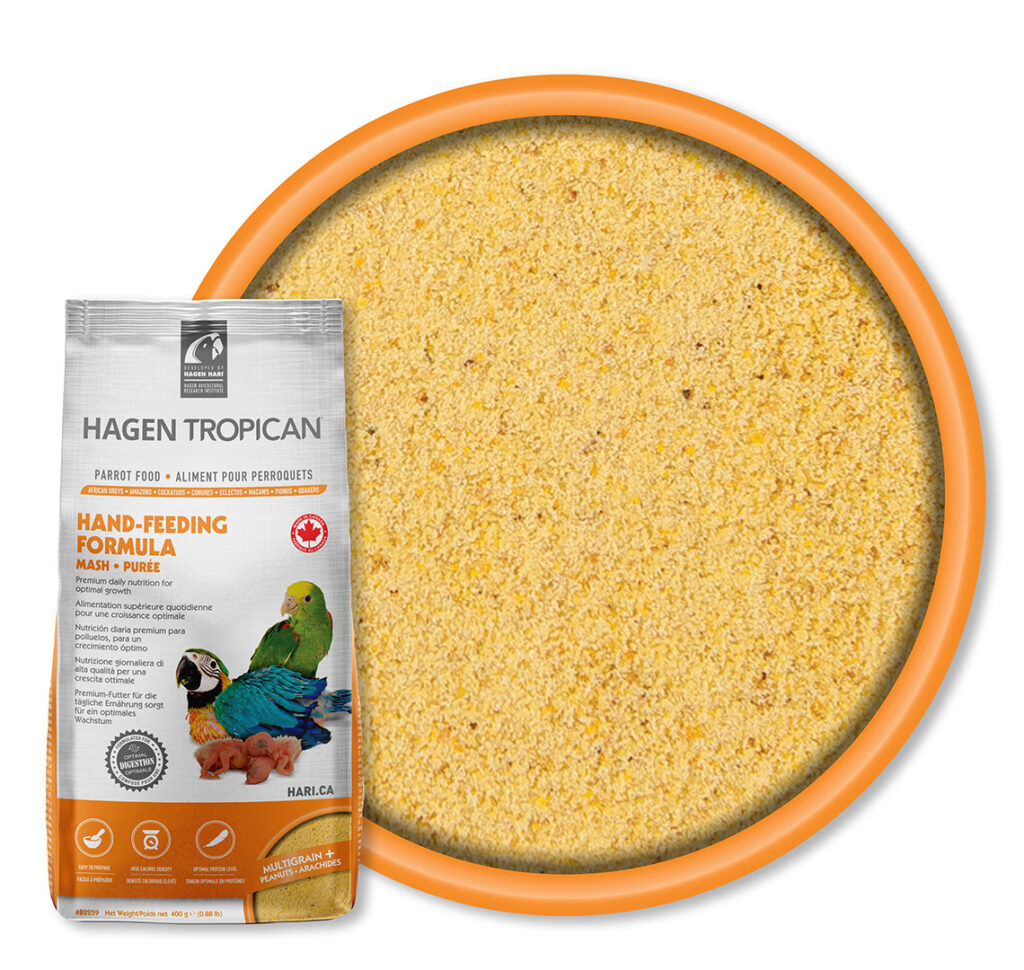
Hand-Feeding Formula
B2259 – 400 g (0.88 lb)
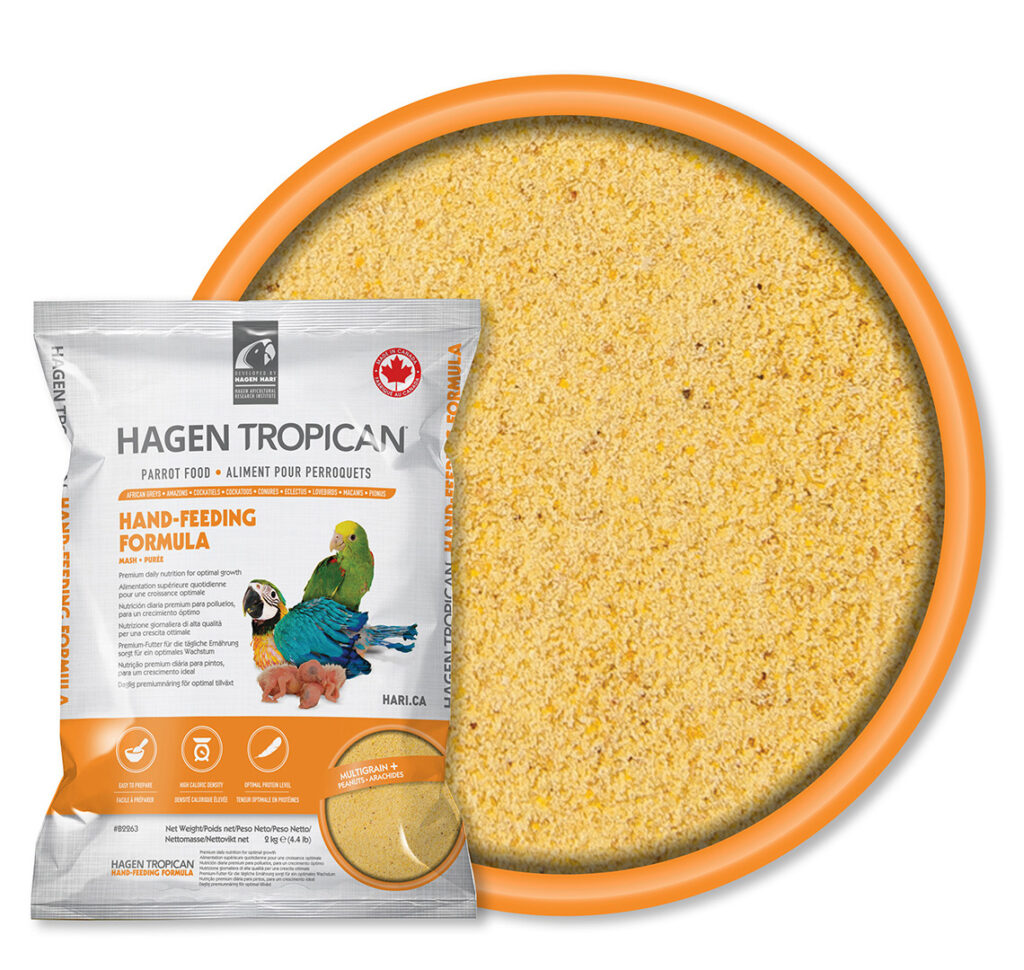
Hand-Feeding Formula
B2263 – 2 kg (4.4 lb)
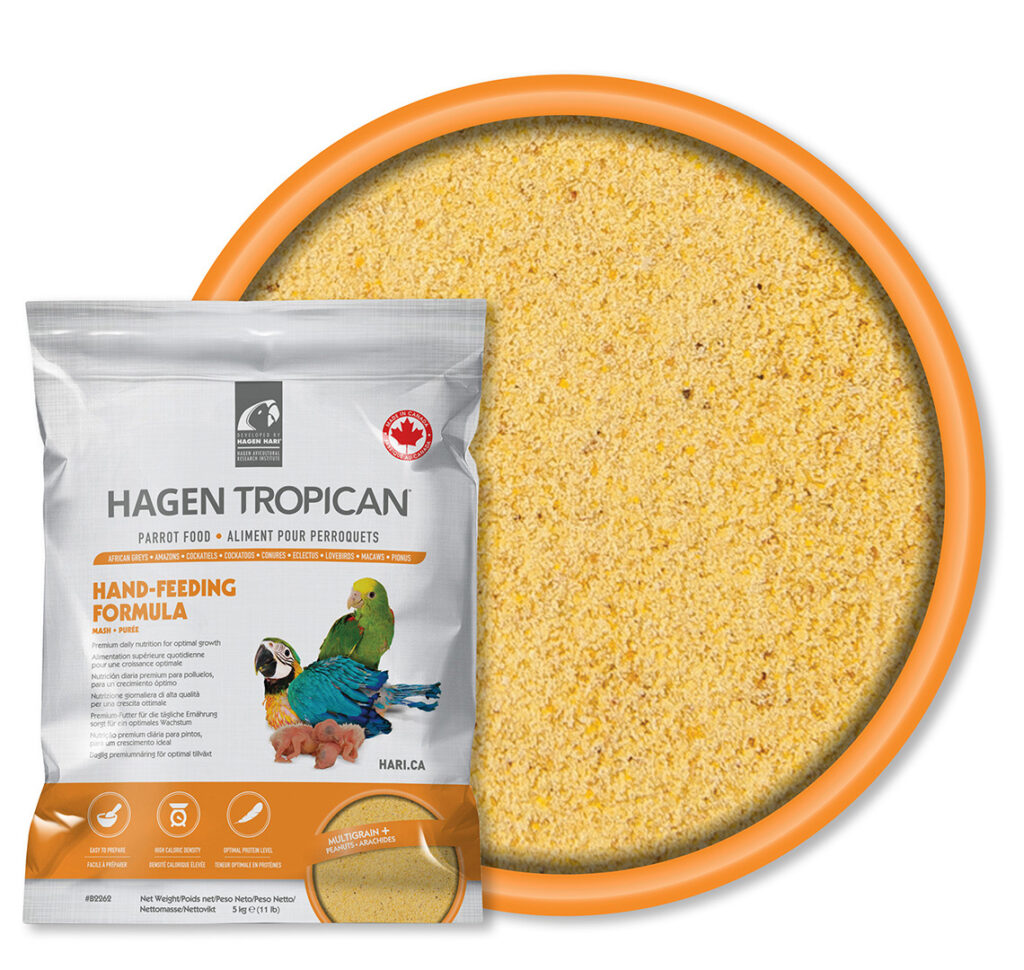
Hand-Feeding Formula – Bulk
B2262 – 5 kg (11 lb)
For maximum freshness, once opened, store the sealed bag in a sealed container in a cool, dry place. Our safe and effective CO2 treatment and air barrier bags ensure insect control and freshness. For more detailed storage information, watch Tropican Hand Feeding Formula – Storage and Feeding Techniques.
Manufactured in a facility that packages products containing known priority allergens.
Feeding Resources
Companion Parrot Weight Chart
Keeping track weekly of your birds weight
is vital to their overall health.
Extruded Diet Conversion Guide
Helpful tips and methods to transition your bird
to a balanced extruded diet.
Parrot Feeding Recommendations
Do you know the daily recommended
amount of food for your bird?
Want To Know More?
Proudly Canadian Made
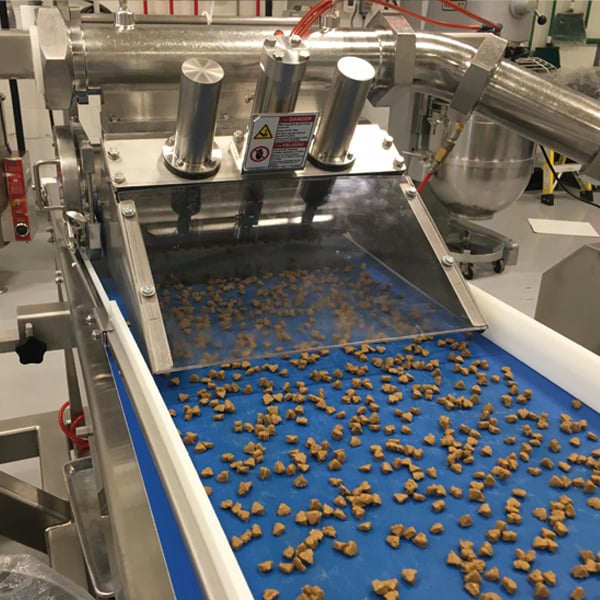
Our 3-Step Quality Control Process

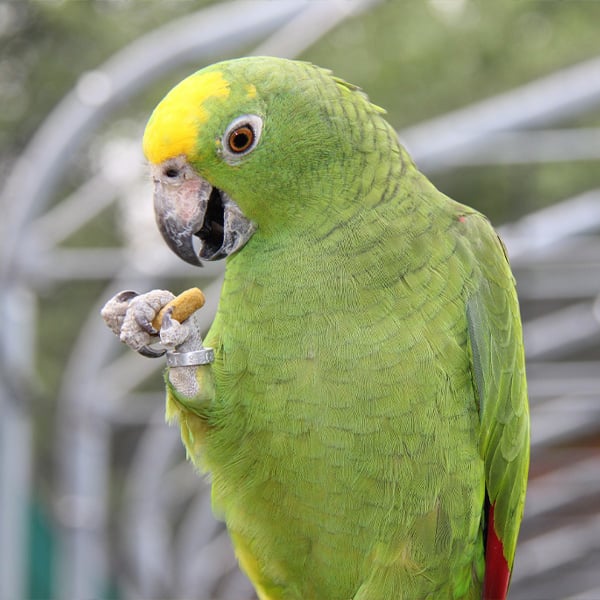
Learn More About Feeding & Nutrition
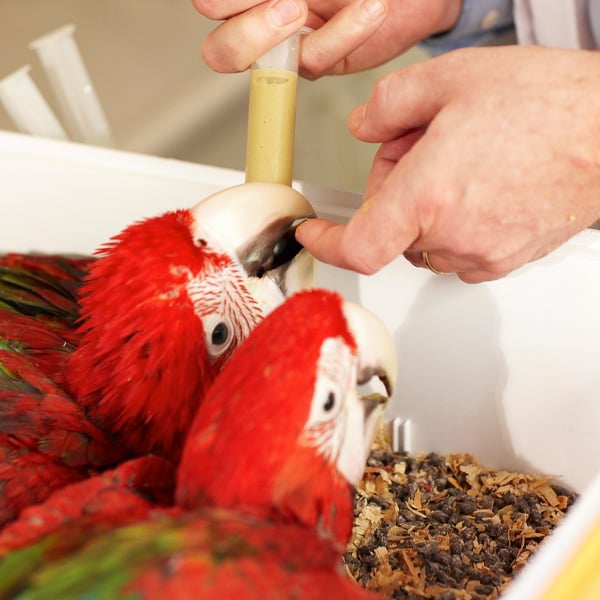
Avian Nutrition: Trends & Philosophies
Related Articles
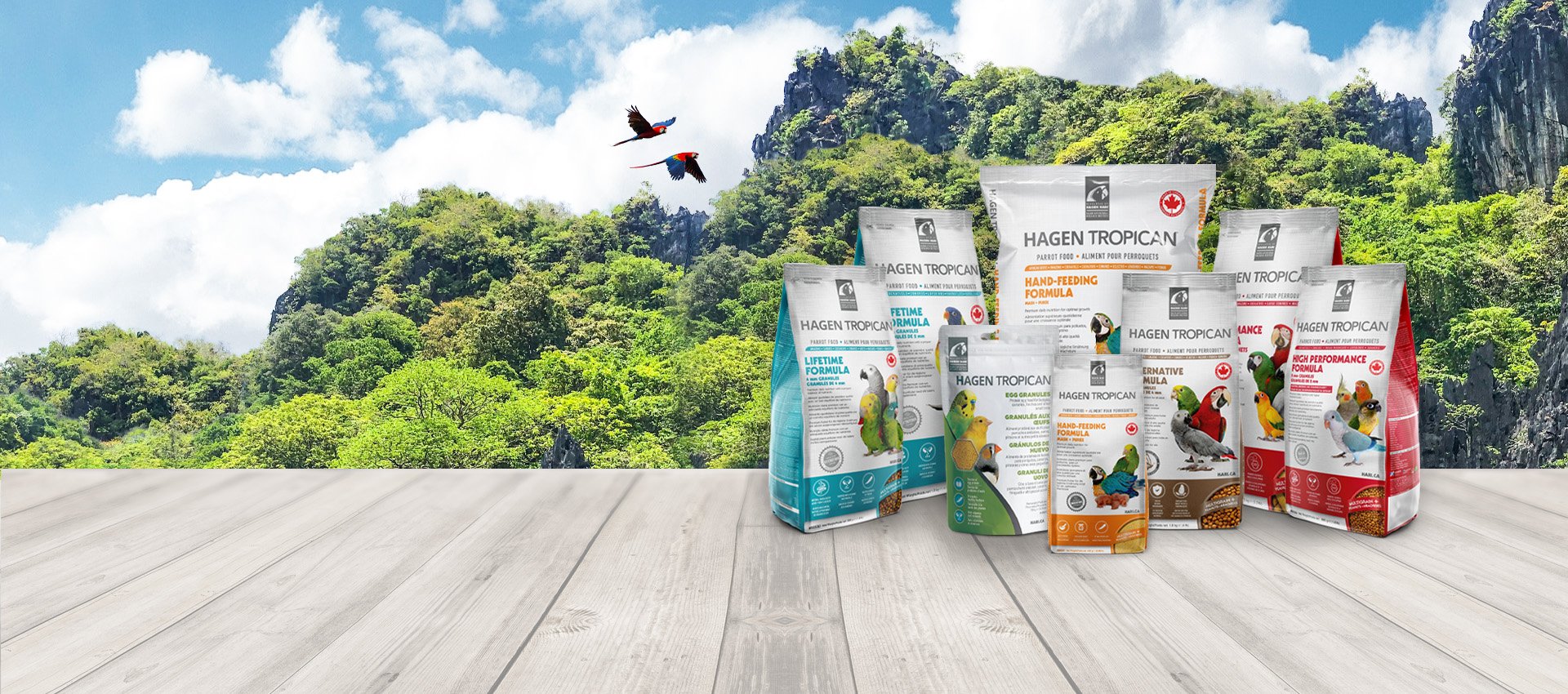
Choosing the perfect formula for your pet bird.
Companion parrots require a balanced diet that contains a nutritious blend of grains, seeds, nuts, vegetables, fruits, vitamins and minerals. Pet parents also need to consider the species, life stage and lifestyle of their pet bird.


